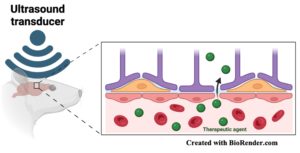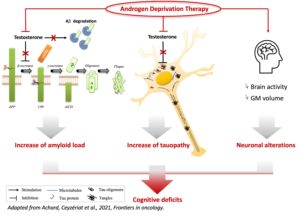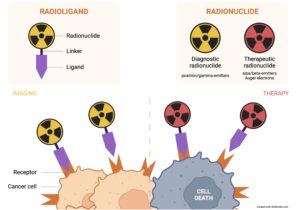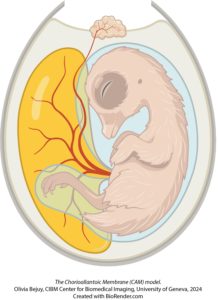Focused ultrasound to improve therapeutic and radioligand entry into the brain in preclinical models
Description: The progress in immunotherapy marked by the approval for clinical use of two anti-amyloid antibodies changes the landscape of drug development for Alzheimer’s disease (AD). Yet, a pivotal challenge in treating AD, and neurological conditions overall, lies in ensuring drugs can effectively penetrate the blood-brain barrier (BBB). Balancing therapeutic effectiveness with minimal side effects requests for a combine strategy intertwining brain delivery technology and pharmacology. We are using non-invasive transcranial focused ultrasound, with a dedicated annular phased array applicator, in preclinical models of AD to safely and transiently open the BBB and efficiently improve the entry of therapeutic molecules and radioligands into the brain in preclinical models. In vivo molecular imaging allows to follow the biodistribution and to determine the pharmacokinetics of therapeutics agents in addition to evaluate their beneficial effects on disease outcomes.
Investigator: Kelly Ceyzériat (CIBM PET HUG-UNIGE)
Collaborators: Philippe Millet (HUG/UNIGE), Benjamin Tournier (HUG/UNIGE), Rareș Salomir (HUG/UNIGE)




